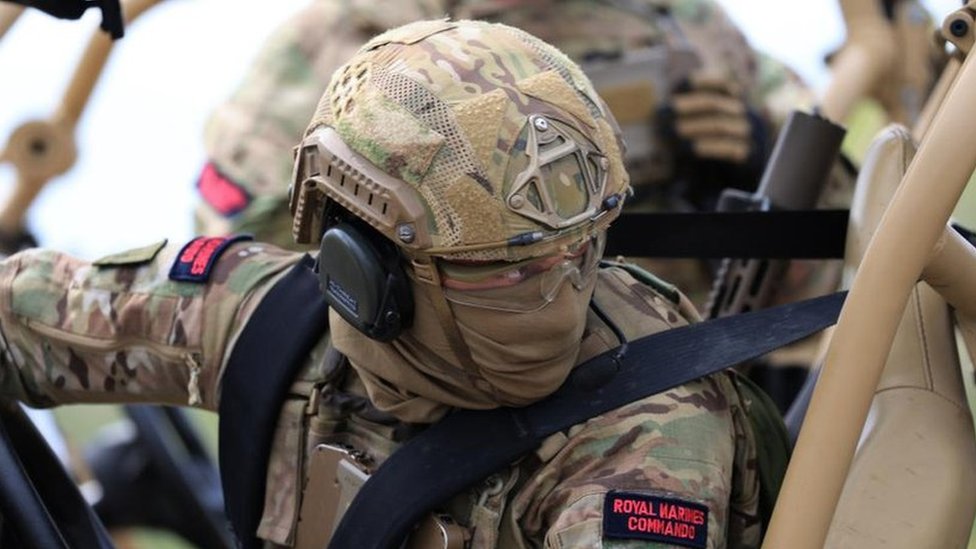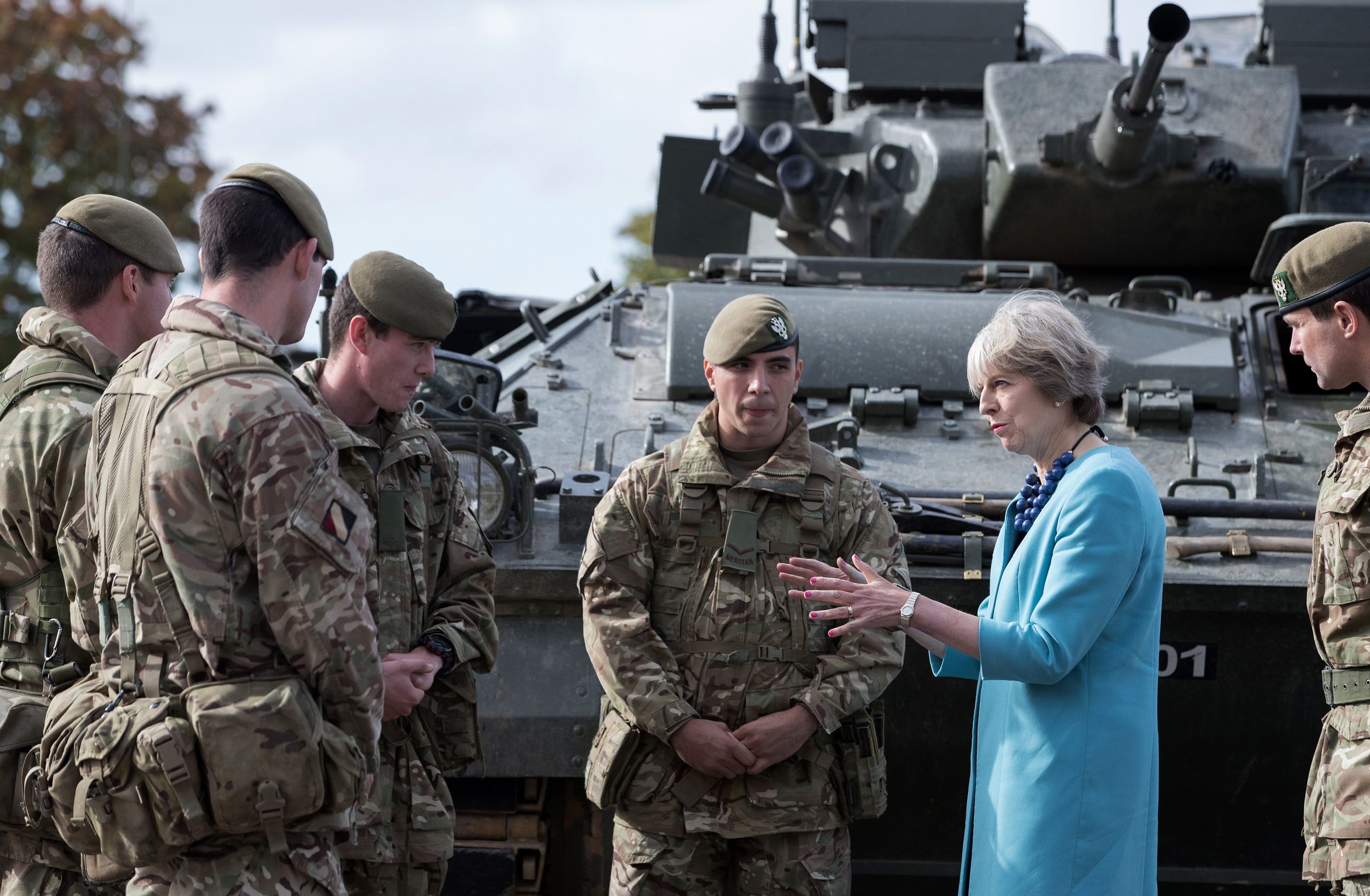General Sir Roly Walker, the new chief of the British Army, has highlighted the urgent need for Britain to prepare for potential conflicts with an “axis of upheaval” comprising Russia, China, Iran, and North Korea.
Although he stressed that conflict is not a certainty, General Walker expressed concern that Russian President Vladimir Putin, regardless of the outcome of the Ukraine invasion, will seek vengeance against nations that supported Ukraine, including the UK. He emphasized the possibility of Russia rebounding aggressively, necessitating strategic preparedness from Britain.
General Walker also addressed the broader threat posed by other global actors. He voiced concerns about a potential Chinese invasion of Taiwan, Iran’s ambitions to develop nuclear weapons, and the ongoing threat from North Korea.

British Army Chief Warns of Rising Global Threats, Calls for Enhanced Deterrent Capabilities
He warned that these nations are increasingly collaborating, and sharing weapons and technology, which could result in a convergence of threats by 2027-2028. This amalgamation of risks could significantly challenge Britain’s ability to manage individual crises effectively.
To address these looming threats, General Walker called for a substantial enhancement of the British Army’s deterrent capabilities. He stressed the importance of adapting to modern warfare technologies, including autonomous weapons and artificial intelligence, to maintain a credible defense posture.
He warned that relying on outdated warfare strategies would be detrimental and emphasized the need for innovation to ensure the army’s effectiveness.
Despite the call for modernization, General Walker noted that increasing the army’s fighting power does not necessarily require more troops or funding. Instead, he highlighted the need to utilize existing resources more effectively and avoid further cuts to the army’s size and budget.
The recent government review of defense and proposed increase in defense spending to 2.5% of national income are steps in the right direction, though experts believe this may still fall short of what is needed for comprehensive defense readiness.
In his address, General Walker also framed the army’s current size as a potential strength rather than a limitation. He suggested that a medium-sized army could be highly effective if its fighting power were significantly increased. By aiming to double and then triple its combat effectiveness, the British Army would be well-positioned to tackle adversaries, regardless of their size, and ensure readiness for potential conflicts.











































